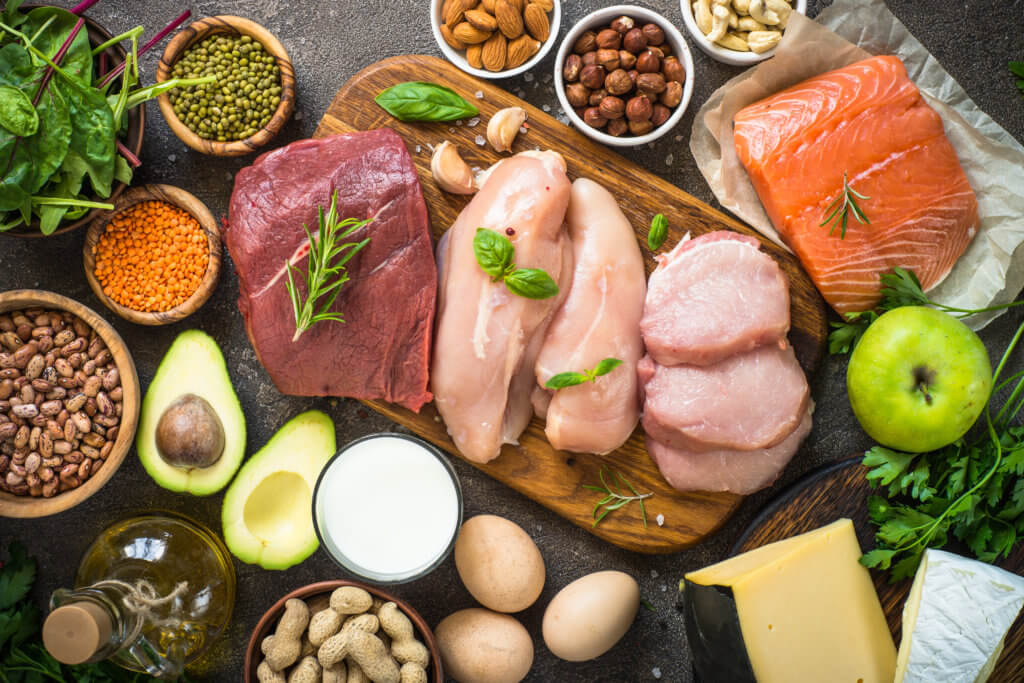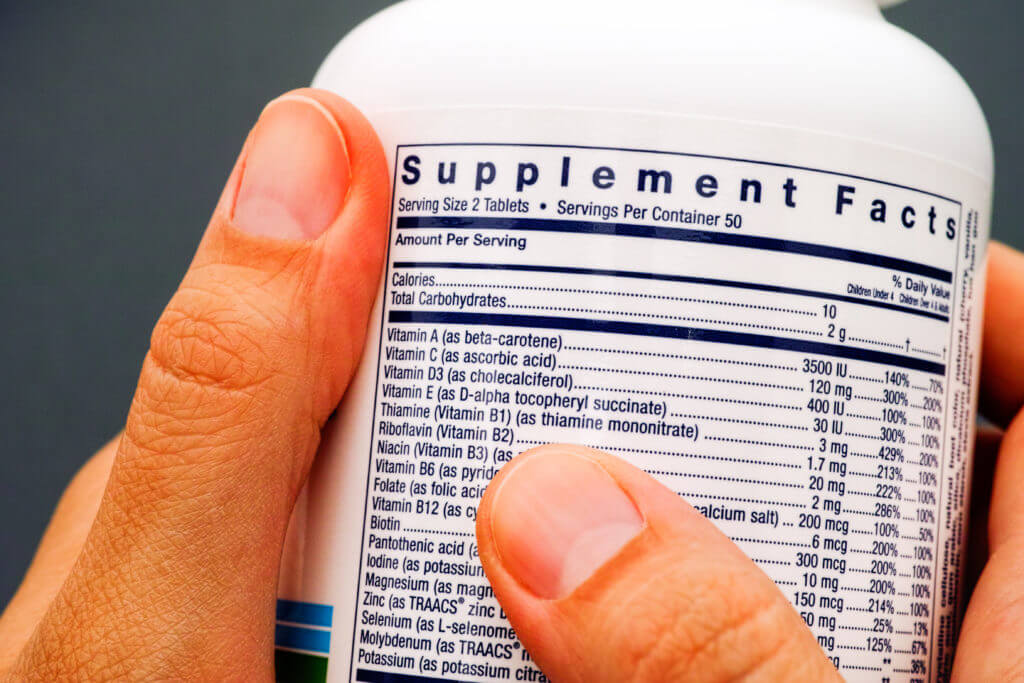High-protein diets and recipes are getting all the attention on social media these days. Nearly everyone is trying to figure out the next “hack” for packing more into their diets. Putting cottage cheese into their cookie dough or using Greek yogurt over sour cream on taco night are some of the big ones. Regardless of the next new way to do it, protein powders seem to always come out on top as the most common way to add some muscle-building nutrition to your routine. While the powders can initially seem pretty harmless (it’s just protein, right?), there’s things to consider before you buy your next batch.
What actually IS protein?
We hear about how important protein is all the time, but what actually is it?
Protein is an essential macronutrient that is found all over our body. It can be found in the muscles, bone, skin, hair, and basically everywhere else. In fact, there’s at least 10,000 different proteins that build you up and keep you where you’re at. Protein is made of over 20 amino acids, but our body can’t make nine of them, which is why we have to make sure we have a varied diet that allows us to consume them.

What are protein powders?
I’m sure you could guess that protein powders are just powdered protein. The protein that different manufacturers use can come from a range of sources such as eggs, milk (such as whey), and plants (like soy or pea protein). Some powders can include protein from more than one source. For instance, some vegan options may have pea protein and soy protein all in one.
A bit less commonly known is that these products are not at all regulated by the U.S. Food and Drug Administration (FDA) because they are considered dietary supplements. Essentially, this means that you have to trust that whatever product you buy has been tested well for safety and purity by the manufacturer. This is why it’s important to do a bit of research and source one that’s trusted.

What should you be looking out for in your protein powder?
Added sugars:
- You’d think that you wouldn’t really need to worry about this in a protein powder, but just like almost any other ultra-processed food, you do. Some only have a bit or none at all, while others have it as the second ingredient. Some protein powders can have over 20 grams of protein per scoop, which is nearly the maximum recommended in a day. Protein powders without sugar (or with very little) are a great way to stabilize your blood sugar with a meal that would otherwise send it skyrocketing. For example, a bowl of oats with honey has a bit of fiber to help slow the sugar spike but add some protein to it and it’ll lessen that spike by a lot and keep you fuller for longer.
Chemical contaminants:
- Since these powders aren’t regulated by a governing body, it’s up to companies to test their products for contaminants. Unfortunately, protein powders are notorious for having harmful contaminants because of the manufacturing process and toxins in soil. Most commonly, you’ll find lead, arsenic, cadmium, mercury, and bisphenol-A (BPA). You’ll be hard pressed to find a protein powder without absolutely any heavy metals, but there are some out there that test so low for contaminants that they pose no significant risk.
Third-party testing:
- Unlike the other two factors, this indicator is one that you DO want to see on a label. Third-party testing is when an organization outside of the supplement company itself tests the product for quality standards. Getting this done is a win-win for the consumer and manufacturer because it helps you to feel more confident in your decision to buy their product and it helps companies build trust with you as their consumer.

Bottom Line
Protein powders aren’t bad at all. In fact, they can complement a diet really well if you’re trying to increase or maintain consistent intake. They are often well-tolerated by people, but for some they can cause gastrointestinal stress (bloating, gas) or skin reactions. At the same time, these products can contain high levels of sugar and heavy metals, which can impact your health on an internal level that may not so obvious at first.
You can slash your risk by reading labels and ingredient lists, and making sure the one you’re interested in has been third-party tested. Additionally, remember that protein powders are a supplement. So, if you find that you have any medical concerns that may be contraindicate your use of them, contact your medical professional first.
You might also be interested in:
- A Dietitian’s Take: If you only take one supplement, this is the one to pick
- Best Whey Protein: Top 5 Muscle-Building Powders Most Recommended By Experts
- Best Of The Best Electrolyte Powders: Top 5 Expert-Recommended Supplements For Optimal Hydration


“… Some protein powders can have over 20 grams of protein per scoop, which is nearly the maximum recommended in a day…”
WHAT? The recommended range of protein intake is between 0.8 g/kg and 1.8 g/kg of body weight, depending on how active you are along with a number of other factors. That’s far far more than 20 grams. In fact, 19 g is the recommended RDA for a 4 to 8 year old kid! For a 160 lb person, 0.8 g/kg = 58 grams of protein a day. 1.8 (for a very active person) would be 130 grams of protein a day.
I knew the same information . This article is totally wrong to say that 20g protein is almost too much. Crazy. Your replay is much better! Thank you
It meant to read 20 grams of SUGAR! Not protein!
10,000 different proteins 🤯 Bone broth protein powder is a pretty great low lectin / lectin-free protein powder